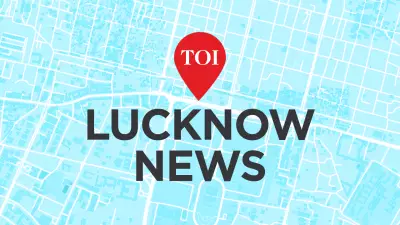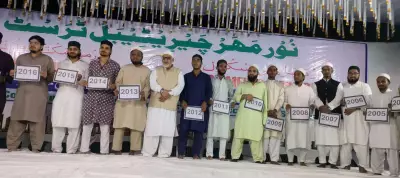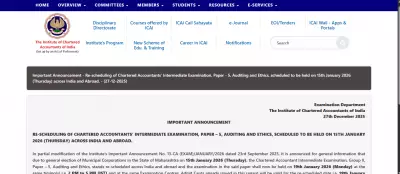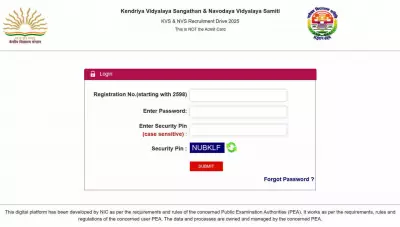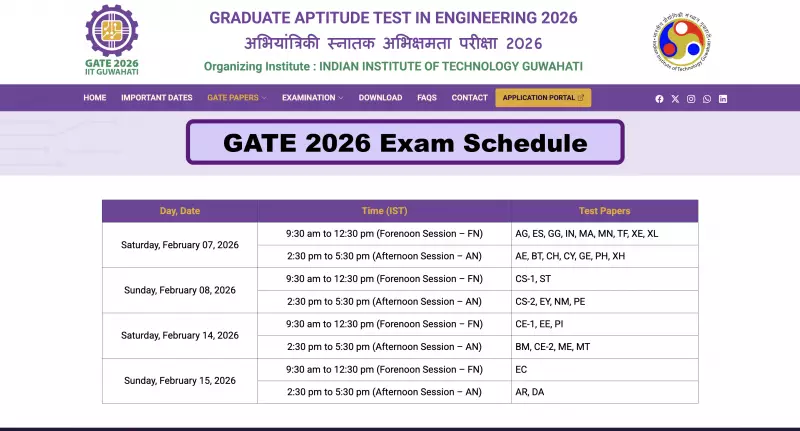
Four years after the Graduate Aptitude Test for Engineering (GATE) expanded its eligibility to include commerce and humanities students, their participation continues to remain strikingly low. Despite a 30% increase from 14,000 in 2021 to 18,762 in 2025, these candidates constitute merely 2% of the total applicant pool.
Limited Awareness and Institutional Acceptance
According to Atul Negi, head of mechanical engineering department at a leading GATE coaching institute, several factors contribute to this minimal participation. Most students associate GATE exclusively with engineering and remain unaware of the humanities offerings. The perceived high difficulty level and limited institutional acceptance beyond IIT humanities departments further deter candidates.
Negi emphasized that the introduction of Central University Entrance Test (CUET) for postgraduate admissions has provided an alternative pathway. He suggested that IITs need to promote humanities papers more aggressively to increase awareness among potential candidates.
Popular Subjects and Engineering Dominance
Data from the GATE 2025 report reveals that among humanities subjects, psychology, English, and economics attract the most applicants. This trend mirrors the general humanities admission patterns across Indian universities. English maintained its position as the most popular humanities subject in both GATE 2023 and 2024.
Meanwhile, computer science and allied fields have witnessed explosive growth, with applications more than doubling with a 110% increase over just three examination cycles. Computer science and information technology has now overtaken civil engineering to become the most sought-after paper.
The newly introduced data science and artificial intelligence paper, launched in GATE 2024, has already attracted approximately 76,000 registrations, primarily from students with computer science and mathematics backgrounds.
Pathways to Increased Participation
A professor from one of the IITs' GATE offices mentioned that while organizing institutes conduct outreach programs to create student awareness, specific initiatives to promote humanities papers could be considered in the future.
A humanities professor from a leading institute noted that GATE could gain popularity if more institutions start accepting its scores. He explained that for IITs themselves, GATE represents just one of multiple admission routes for humanities postgraduate programs.
The professor added that many aware students prefer CUET for masters admissions since GATE is generally perceived as a more challenging examination. This perception significantly impacts the decision-making of commerce and humanities students when choosing their entrance examination pathway.
An admission official from Jawaharlal Nehru University (JNU) clarified that while GATE scores are utilized for certain technical programs, eligibility criteria ultimately depend on decisions made by individual departments.
Registrations for GATE 2026 have recently concluded, with a comprehensive statistical report scheduled for release after the results are declared.


